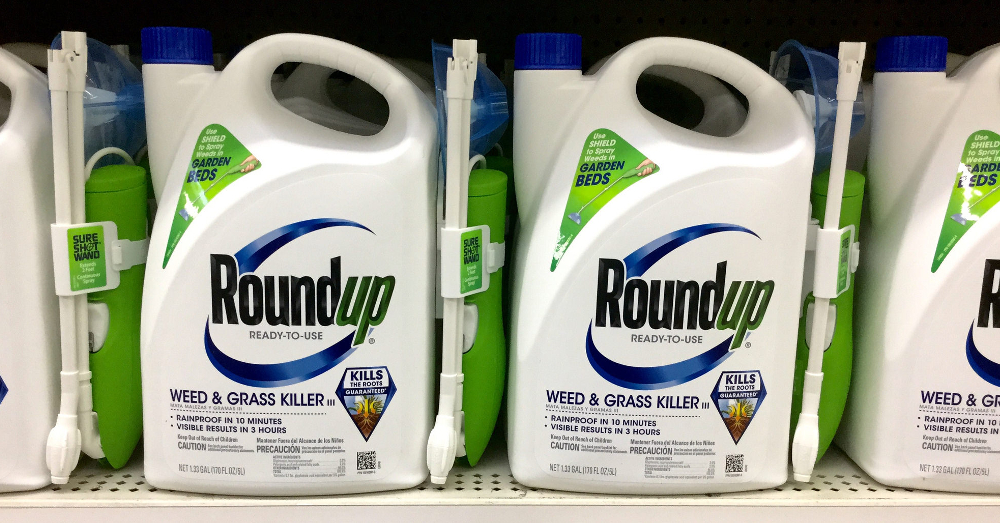
Monsanto Accuses IARC Scientist of Withholding Glyphosate Data in Cancer Risk Assessment
The controversy over the health risks of glyphosate, the active ingredient in Monsanto's weedkiller Roundup, has taken a surprising turn.
June 16, 2017 | Source: EcoWatch | by Lorraine Chow
The controversy over the health risks of glyphosate, the active ingredient in Monsanto’s weedkiller Roundup, has taken a surprising turn.
Dr. Aaron Blair—a lead researcher on the International Agency for Research on Cancer (IARC) committee that classified glyphosate as “probably carcinogenic”—has been accused of “deliberately” withholding unpublished research that he admitted would have altered the cancer agency’s widely cited 2015 review.
The news comes as a surprising development in light of Monsanto’s multi-district cancer lawsuits. Plaintiffs across the U.S. claim that they or their loved ones developed non-Hodgkin’s lymphoma due to exposure to glyphosate, pointing to the IARC cancer classification.
But a new Reuters investigation could rock the ongoing cases. Citing obtained documents, reporter Kate Kelland writes:
“Blair knew the unpublished research found no evidence of a link between glyphosate and cancer. In a sworn deposition given in March this year in connection with the case, Blair also said the data would have altered IARC’s analysis. He said it would have made it less likely that glyphosate would meet the agency’s criteria for being classed as ‘probably carcinogenic.'”
The IARC never considered the data because the agency has a rule against using unpublished data to asses a substance’s carcinogenicity. The data came from the Agricultural Health Study (AHS), on which Blair was a senior researcher, and sat unpublished for two years before IARC assessed glyphosate. He told Reuters that the information was not published in time because there was too much to fit into one scientific paper.
However, Monsanto told Reuters that Blair deliberately concealed the data. The company did not provide specific evidence of it being hidden. Two other experts, not connected to Monsanto, also did not understand why the data was not published.
